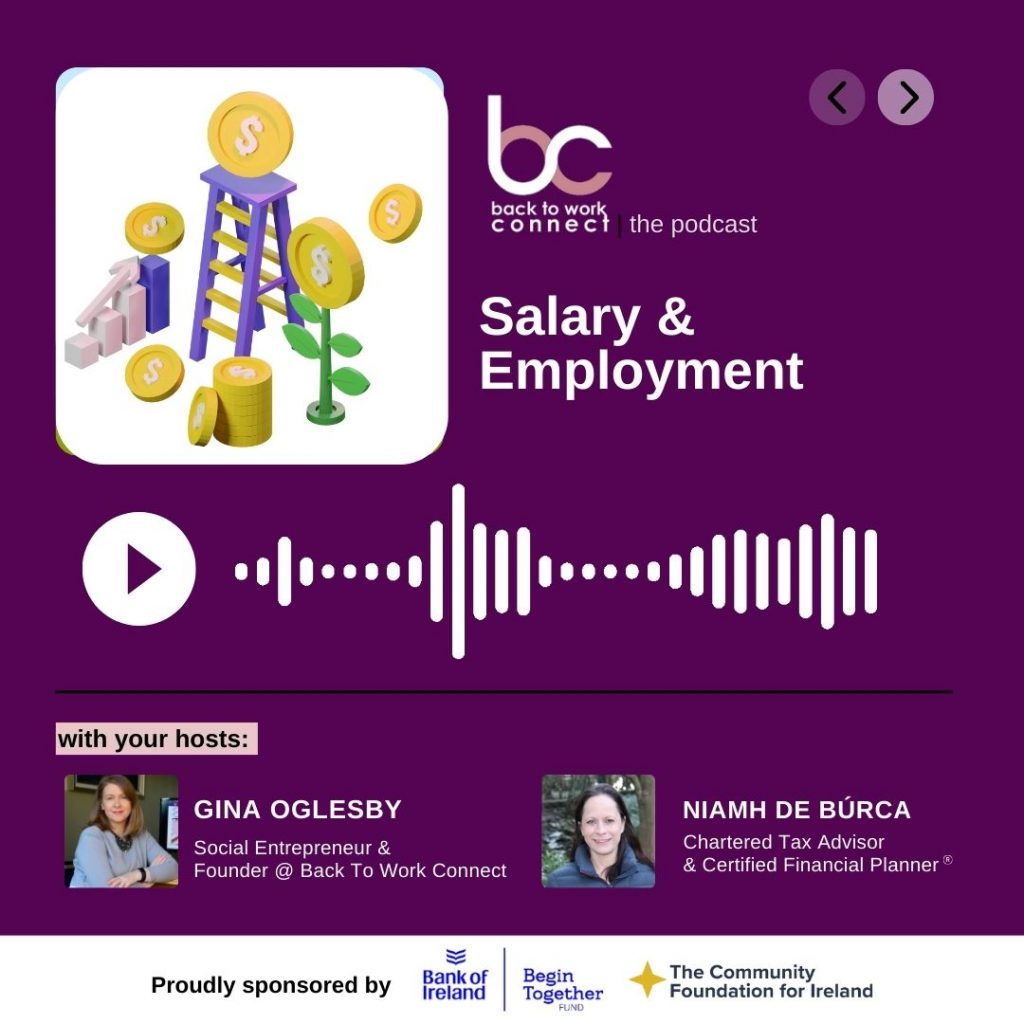Approaching salary expectations in a job interview can be tricky, but if done right, it can set the tone for a successful negotiation later on.
Here’s a strategy to follow:
Timing: When to Bring Up The Salary
Generally, it’s best to wait until the employer brings up salary, but if they don’t, here’s how to handle it:
Wait for the right stage: Salary discussions are more appropriate in the later stages of the interview process, ideally after you’ve had the opportunity to demonstrate your skills, experience, and fit for the role. This could be in the second or final round of interviews.
Respond to their initiative: If the interviewer asks you early on, don’t shy away, but don’t dive deep into numbers just yet. You can express flexibility and openness to discussing the salary later after understanding the full role.
Bring it up in a job offer discussion: If no one mentions salary after multiple interviews and you’re offered the position, this is the ideal time to bring it up.

How to Frame Your Salary Expectations
When you do discuss salary, your approach should be confident but flexible. Here’s how to do that:
Do your research: Know the market range for the position based on location, industry, and your experience level. Websites like Glassdoor, Payscale, or LinkedIn can help you find this data.
Provide a range: Instead of giving a specific number, provide a salary range based on your research. For example, “Based on my research and experience, I’m looking for something in the range of €X to €Y. However, I’m open to discussing it based on the overall compensation package.”
Align with your value: Mention your skills, experience, and the unique value you bring to the role when you discuss salary. This reinforces that your expectations are based on your ability to contribute, not just market standards.
Key Phrases to Use
Here are some examples of phrases you can use when discussing salary:
If asked early: “I’d like to learn more about the role and responsibilities before discussing salary expectations, but I’m open to a range that reflects the market for this position and my experience.”
When discussing: “Based on my understanding of the role and my skills, I’m aiming for something in the range of €X to €Y. However, I’m flexible and open to negotiating based on the overall package.”
If the offer is lower than expected: “I was hoping for something closer to €X based on my experience and the market rate. Is there flexibility in the offer, or room for future growth in compensation?”
Be Ready to Discuss the Full Package
Remember, salary is only one part of compensation. Be open to discussing benefits, bonuses, stock options, or other perks that could add value. Ask about things like professional development opportunities, work-life balance, and health benefits, which could make a slightly lower salary more attractive.
For more information on salary expectations you can listen back to a recent episode of our podcast Salary & Employment
In Summary:
Wait until the later stages of the interview to discuss salary, unless prompted earlier.
Provide a salary range based on market research and your experience.
Emphasise flexibility and the total compensation package.
Stay professional and confident throughout the discussion.
This approach ensures that you present yourself as informed and reasonable while positioning yourself to negotiate effectively.
Keep up to date with the latest Returner Friendly employers, upskilling & retraining opportunities by joining our platform HERE
Sign up to our newsletter & job alert today and never miss the ideal opportunity again ! Sign up HERE






